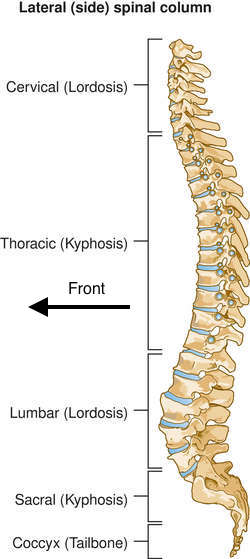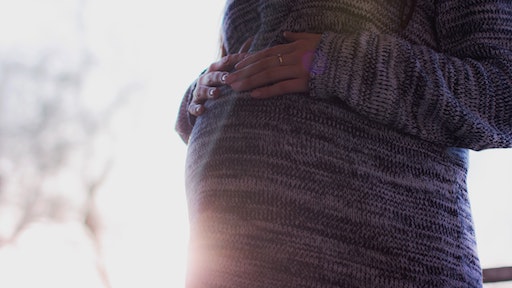Pregnancy is an incredible process, as the body physically adapts to grow new life. Understandably it can feel like a struggle and there are a host of aches and pains that go along with most pregnancies.
The spine is particularly sensitive to the changes that occur during the 9 months of pregnancy. There are a cascade of compensatory changes that affect its curvature as the anterior load increases with the growing baby.
The speed at which this growth takes place can add a significant amount of load to the spine and torso. The weight of the growing baby also causes a shift in mum’s centre of gravity. This triggers a series of muscular and myofascial changes that help compensate for this redistribution of weight and tension. These changes are necessary in order to maintain postural balance and a state of equilibrium.

The increased thoracic kyphosis then leads to compensation by the cervical spine, or neck, resulting in an increased inward curvature, or lordosis, of the head and neck. This can lead to neck pain, tension and headaches.
To counterbalance the weight of the baby, the muscles around the lumbar spine contract, which can in turn increase the lordotic curve of the lumbar spine, shifting the pelvic position into an anterior tilt.
As the uterus continues to expand, two parallel sheets of muscles, known as the rectus abdominal muscles, are stretched, weakened and may even separate along the centre. This weakens the lower back and can result in pain.
Along with this cascade of weight distribution, hormones such as progesterone and relaxin loosen ligaments and structures to help the body adapt in the least painful way possible. However, this increased laxity means less inherent stability in the back and pelvis, which can result in certain muscles having to work harder, fatigue, spasm, aches and pain.
With a keen understanding of the physiology of the spine and its interconnectedness with the muscles and the rest of the body, Osteopaths are highly qualified to address many of the common complaints associated with pregnancy. If you are pregnant and experiencing any of the above symptoms, or would like to discuss your pregnancy, you can contact us at any time:
- (03) 9939 1289
- info@melbourneosteopathycentre.com.au
- Book a consultation online

